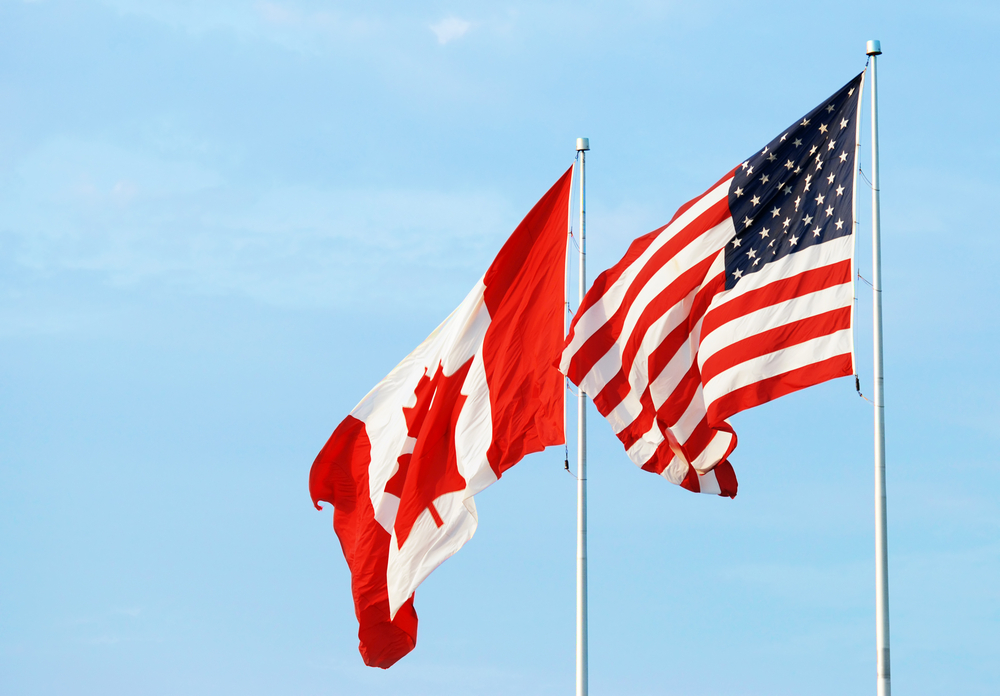Canada News
Winterized trailers soon to provide shelter to asylum seekers at Quebec border

The trailers will replace a temporary tent camp that was set up this summer in response to the flood of asylum seekers walking across the border from the United States. (Shutterstock photo)
MONTREAL — Winterized trailers will soon be replacing the tents providing temporary shelter to asylum-seekers who have crossed the Quebec-U.S. border, even as the number of irregular border crossings continues to drop.
A spokesman for Public Safety Minister Ralph Goodale says a contract has been awarded to a private company to provide heated accommodation for up to 200 people near the Saint-Bernard-de-Lacolle border station.
Scott Bardsley says half of the trailers should be operational by mid-November, with the second group coming into service a month later.
The trailers will replace a temporary tent camp that was set up this summer in response to the flood of asylum seekers walking across the border from the United States.
The federal government says there have been about 50 people a day crossing the border irregularly at Lacolle in recent weeks, down from 200-250 a day at the height of summer.
RCMP intercepted 1,720 people in Quebec in September, compared to 5,530 in July.
The new trailers will include areas for sleeping, cooking and “related services,” according to an email from Bardsley.
Many of the new arrivals are Haitian nationals, who are believed to be coming to Canada because the U.S. government announced it is thinking about lifting the temporary protected status given to Haitian nationals after the deadly 2010 earthquake.
Bardsley did not say whether the federal government was anticipating a new flood of arrivals if the U.S. administration does not renew the temporary protected status, which is set to expire in January.
“The number of asylum seekers in Canada fluctuates over time and can depend on many different factors,” he wrote in an email.
“We won’t speculate on any possible future trends, but we continuously monitor conditions and developments in other countries to inform our planning.”
He stressed that the Liberal government has undertaken numerous outreach efforts to clear up misinformation about Canada’s immigration system that was circulated online.
Those efforts have included sending Creole and Spanish-speaking MPs to the United States to dispel the myth that it’s easy to come to Canada as a refugee.
The Immigration and Refugee Board said in early October that about half the asylum claims heard so far from those who crossed the border since July have been accepted.





















